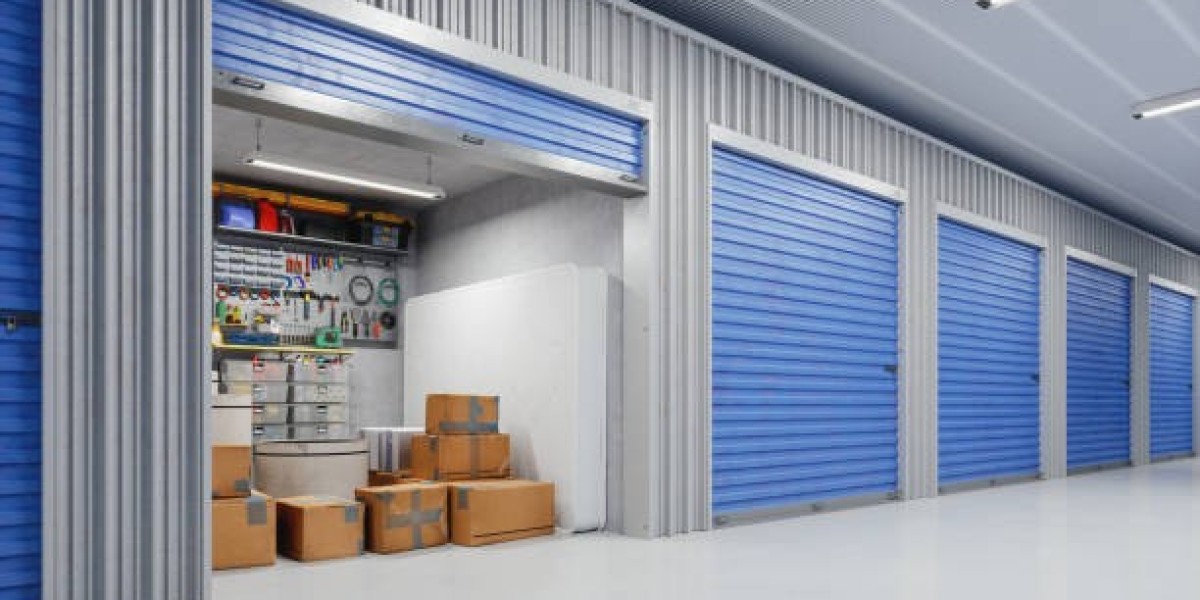Cold storage refers to temperature-controlled warehouses or storage facilities designed to preserve perishable goods such as food, pharmaceuticals, and chemicals. By maintaining specific temperature ranges, cold storage ensures product quality, safety, and longevity, making it an essential part of the supply chain and logistics industry.
What is Cold Storage ?
Cold storage involves storing goods at controlled low temperatures to prevent spoilage, bacterial growth, and product degradation. It is widely used in industries like food & beverage, healthcare, agriculture, and biotechnology to ensure products remain in optimal condition.
Key Benefits of Cold Storage:
✅ Extends product shelf life – Keeps perishable goods fresh for longer periods.
✅ Maintains quality & safety – Prevents contamination and spoilage.
✅ Supports global supply chains – Enables long-distance transportation of perishables.
✅ Reduces waste & losses – Minimizes product spoilage and financial losses.
✅ Ensures regulatory compliance – Meets strict industry safety and storage standards.
Types of Cold Storage Facilities
1. Refrigerated Warehouses
- Large-scale temperature-controlled storage facilities.
- Used for bulk storage and distribution of frozen or chilled products.
- Best for food manufacturers, grocery retailers, and pharmaceutical companies.
2. Blast Freezing Storage
- Quickly freezes products at extremely low temperatures.
- Prevents ice crystal formation, preserving product texture and nutrients.
- Common in seafood, meat, and dairy industries.
3. Frozen Storage (-18°C to -40°C)
- Stores deep-frozen products like ice cream, frozen meals, and meats.
- Ensures long-term preservation without spoilage.
4. Chilled Storage (0°C to 10°C)
- Used for perishable foods like dairy, fruits, vegetables, and beverages.
- Keeps products fresh without freezing.
5. Pharmaceutical & Medical Cold Storage
- Maintains specific temperature conditions for vaccines, insulin, blood samples, and medications.
- Often requires precision temperature monitoring and backup power solutions.
6. Cold Chain Logistics & Transportation
- Includes refrigerated trucks, containers, and cargo planes for moving perishable goods.
- Ensures continuous temperature control from storage to delivery.
Key Challenges in Cold Storage
1. High Energy Costs
- Cooling systems require constant energy consumption.
- Solution: Use energy-efficient refrigeration, solar-powered storage, and smart monitoring.
2. Strict Regulatory Compliance
- Cold storage facilities must meet FDA, HACCP, and WHO standards.
- Solution: Implement real-time monitoring and automated reporting systems.
3. Maintaining Temperature Consistency
- Even small temperature fluctuations can spoil sensitive goods.
- Solution: Use IoT sensors, automated alarms, and backup generators.
4. Cold Chain Breaks During Transit
- Poor handling or equipment failures can compromise product integrity.
- Solution: Use temperature-tracking systems and advanced packaging materials.
5. Limited Cold Storage Infrastructure
- Many regions lack adequate cold storage facilities, affecting supply chains.
- Solution: Expand cold chain networks and invest in mobile refrigeration units.
Future Trends in Cold Storage
1. Smart & Automated Cold Storage
- AI-driven temperature monitoring, predictive maintenance, and robotic handling.
- Reduces human error and increases efficiency.
2. Sustainable & Eco-Friendly Cold Storage
- Use of solar-powered refrigeration, CO2-based cooling, and energy-efficient insulation.
- Reduces carbon footprint and operational costs.
3. Blockchain for Cold Chain Transparency
- Enhances traceability of temperature-sensitive products.
- Ensures tamper-proof records and regulatory compliance.
4. Expansion of Urban Cold Storage
- Micro cold storage hubs in cities to support online grocery and meal delivery.
- Reduces last-mile delivery challenges and improves freshness.
5. Growth of Cold Storage-as-a-Service
- Companies offering on-demand cold storage solutions.
- Helps small businesses access advanced refrigeration without large investments.
Conclusion
Cold storage plays a vital role in preserving perishable goods, ensuring safety, and supporting global supply chains. With advancements in smart technology, sustainable solutions, and cold chain logistics, the industry is evolving to meet the demands of a growing population and e-commerce expansion. Businesses that invest in modern, efficient cold storage solutions will gain a competitive edge in today’s temperature-sensitive market.








